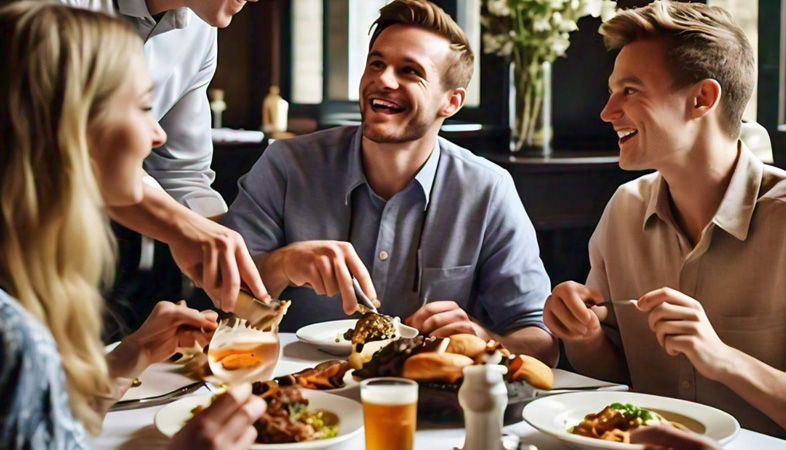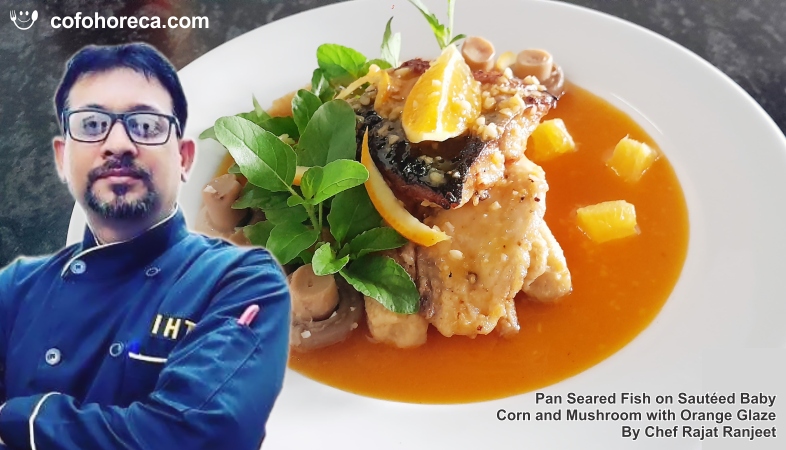SHARE
Commercials
More Posts
Feb 21, 2025
Grilled Lamb Chops - By Chef Manoj Rathore
May 12, 2025
Avare Kalu Akki Roti - By Chef Bharath Bhushan C
Jul 03, 2025
Indo Chinese Chicken Soup - By Chef Rohit Anand
Jun 13, 2025
Rajwadi Dhokli - By Chef Lallan Kumar
Feb 21, 2025
Grilled Lamb Chops - By Chef Manoj Rathore
May 12, 2025
Avare Kalu Akki Roti - By Chef Bharath Bhushan C
Jul 03, 2025
Indo Chinese Chicken Soup - By Chef Rohit Anand
Jun 13, 2025
.png)





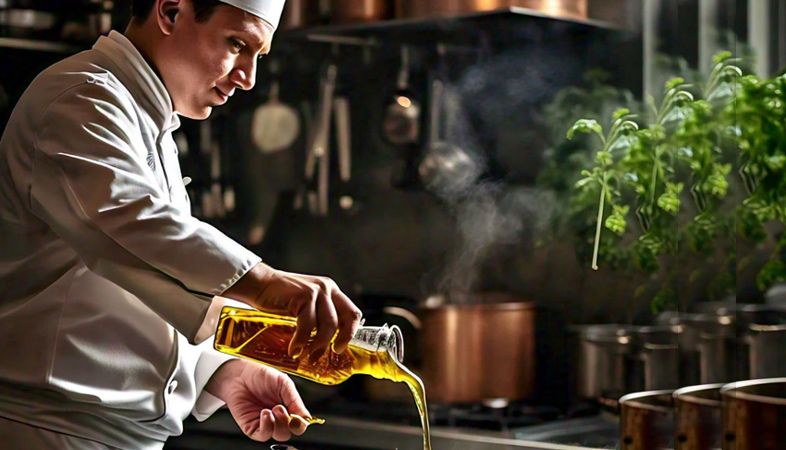


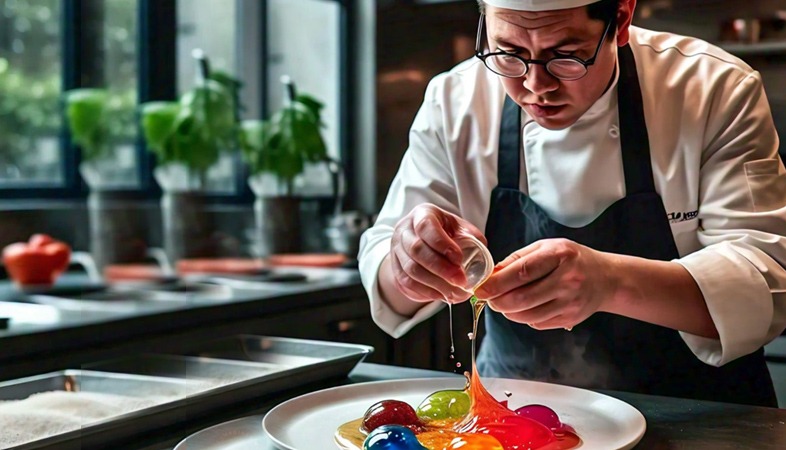

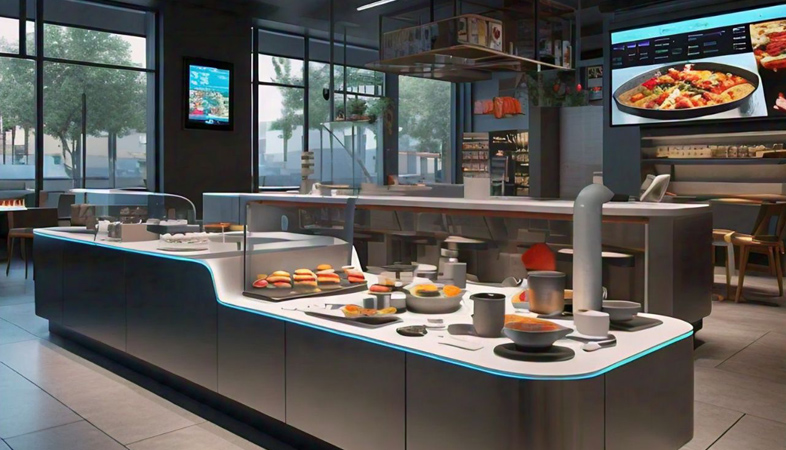



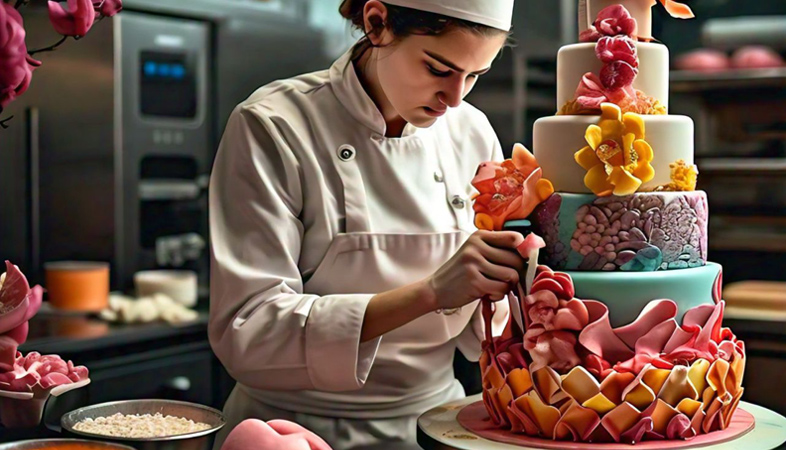


.jpeg)



